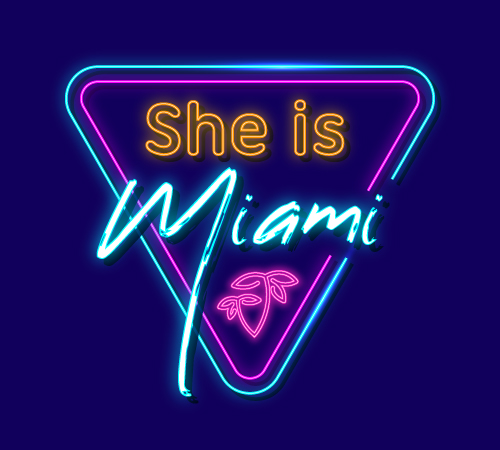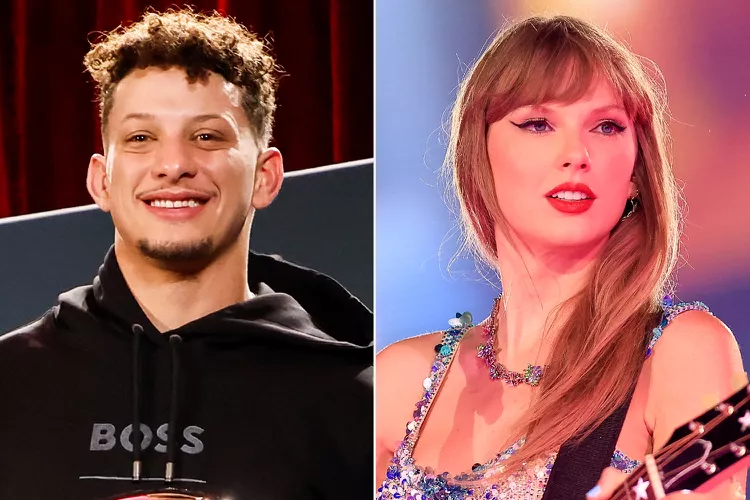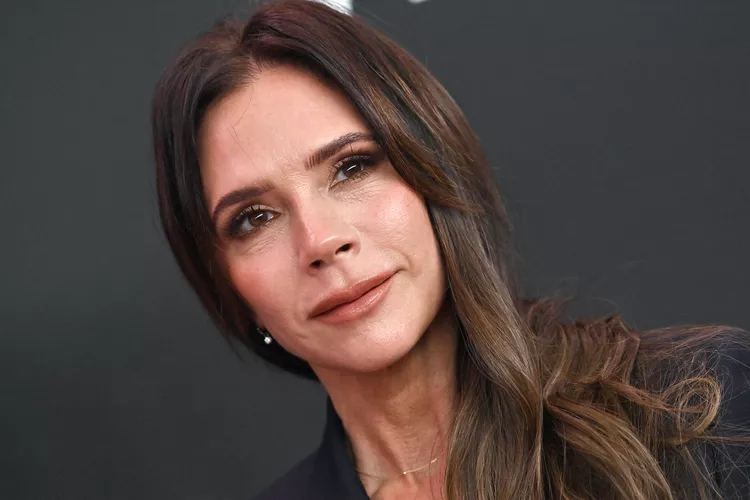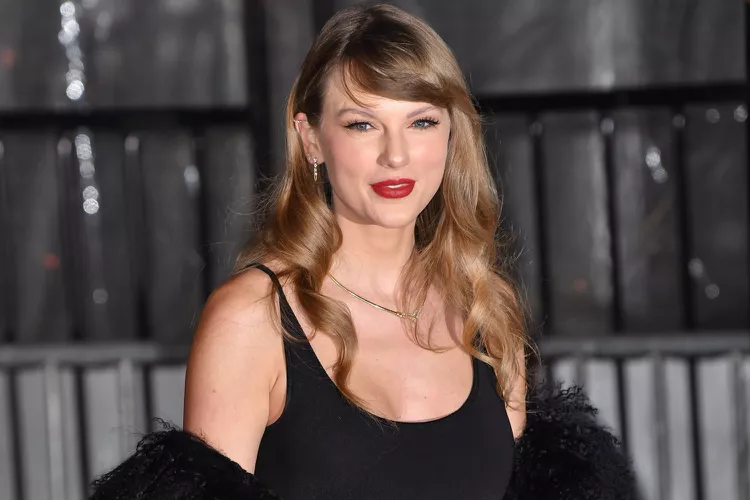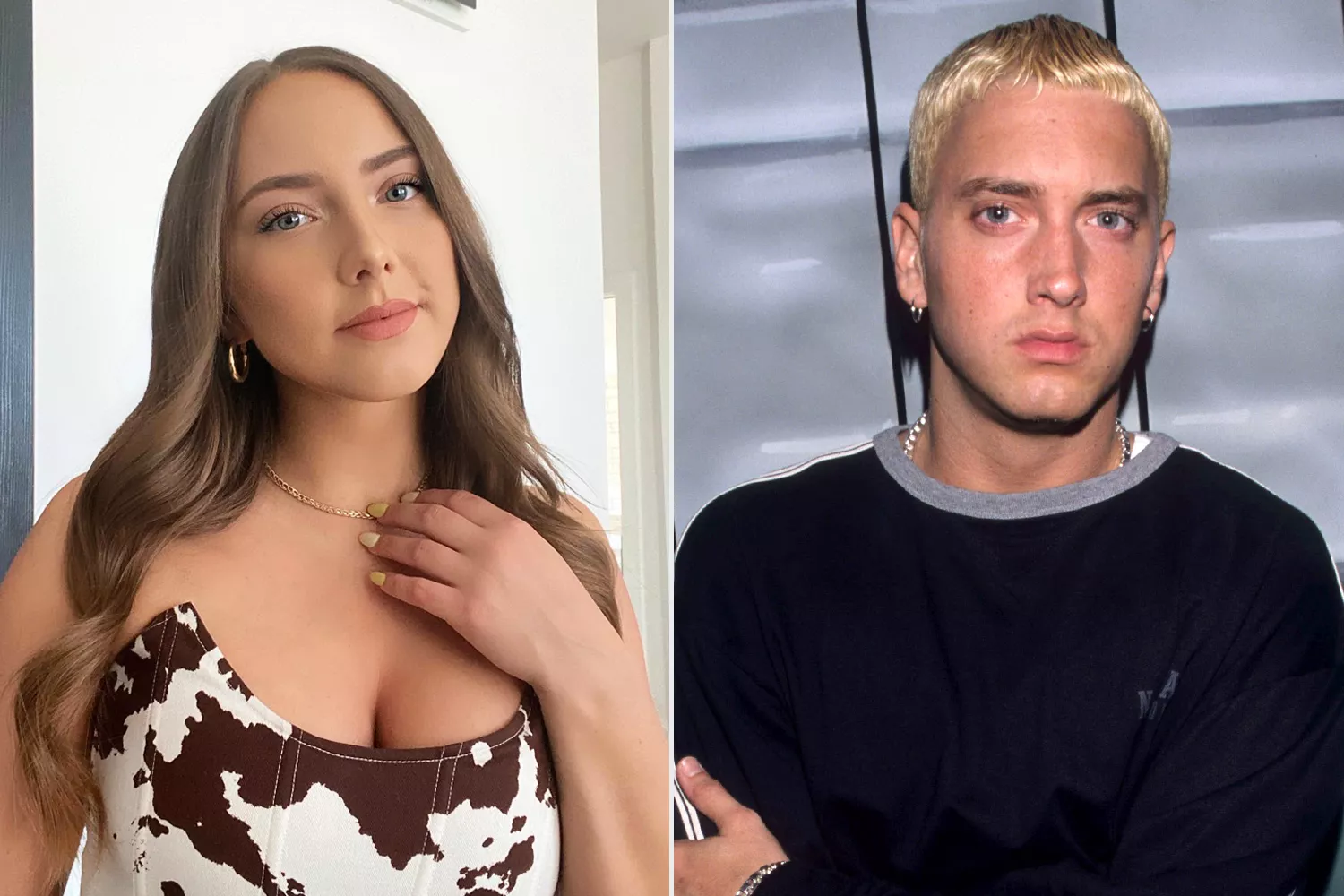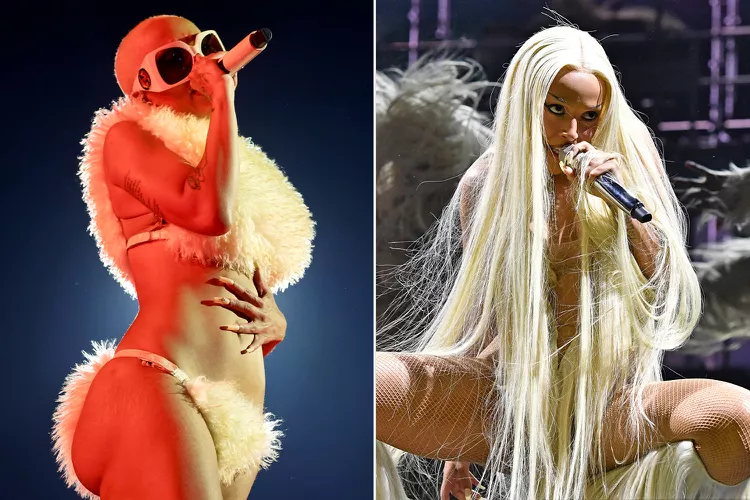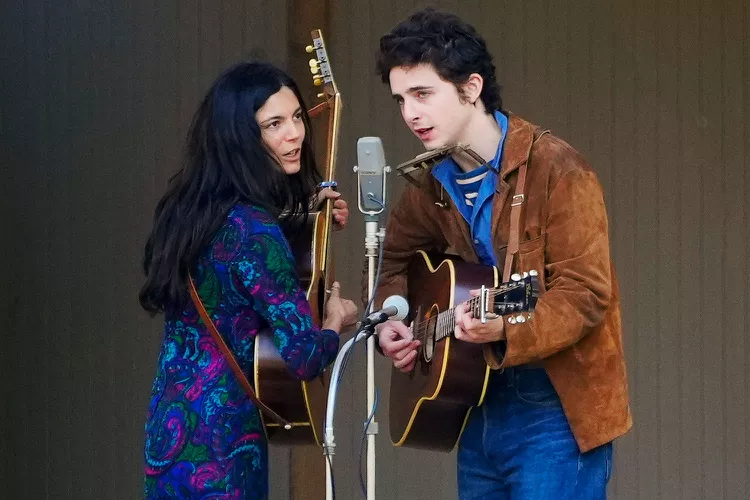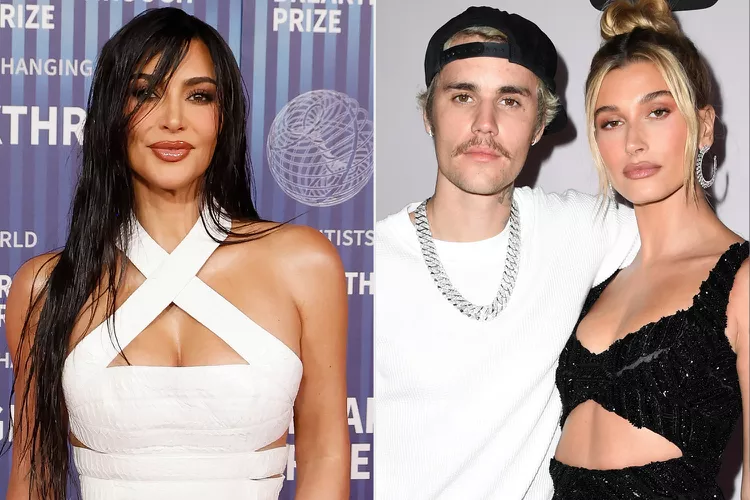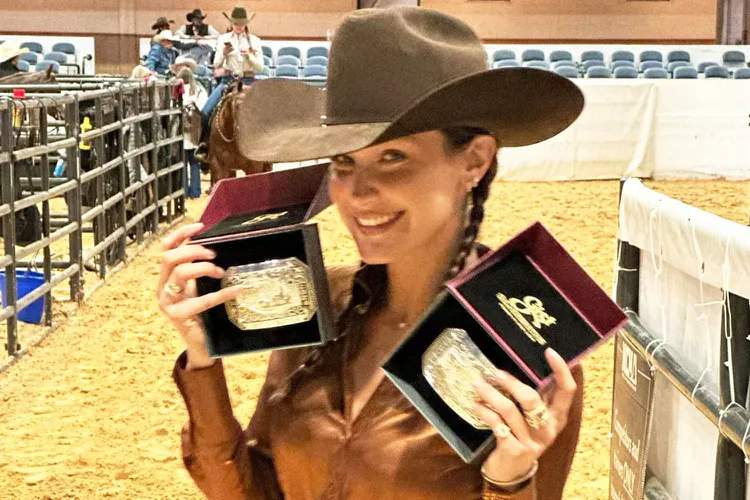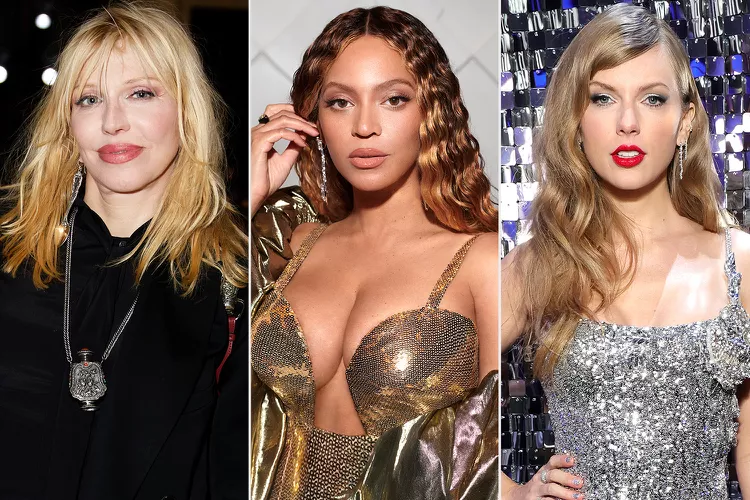Nigerian Afrobeats stars such as Burna Boy, WizKid, and Ckay have featured on amapiano tracks as well as released their own, and the eclectic UK club scene has also embraced the genre — the collective Piano People played the Notting Hill Carnival and Boiler Room, putting on an entire amapiano edition in London.
On May 27-28, Miami will get not just a taste but an entire feast of amapiano thanks to Afro Nation. The festival brand launches its Miami edition during the Memorial Day weekend with an entire stage dedicated to the genre, featuring acts like Major League DJz, Uncle Waffles, DBN Gogo, and Kelvin Momo.
Ahead of the fest, New Times has put together a brief guide to the African dance sensation taking over the world.
How do I know I'm listening to amapiano?
The nice thing about amapiano, which gets its name from the Zulu language, is that it's instantly recognizable. Most tracks are built on a foundation of a looping shaker and syncopated drum rhythm, with tempos around a 111-113 bpm crawl. Other elements are added on top, including soulful organ harmonies, ravey synth patches, and pitched-up piano runs. Specific effects, such as a rolling cymbal, also occur. The defining element of the genre is, of course, the iconic log drum, a bold, pulsating bass sound that can be found as a preset on FL Studio, speaking to amapiano's humble origins.
Where did amapiano come from?
Despite its glamorous contemporary context in places like Miami, amapiano is principally the sound of the ekasi, or townships, that Black South Africans were ghettoized into during apartheid. The post-apartheid, hip-house style of kwaito also emerged from the townships around Johannesburg in the 1990s, and a new generation of bedroom producers began to build on that foundation in the 2010s. They blended older genres such as kwaito, deep house, Afro-house, soul, and jazz, using pirated software and plugins to make their tracks. Most importantly, they slowed the tracks down, giving the style its distinctive slow burn. Pioneers of the genre include MFR Souls, Kabza De Small (sometimes called the "King of Amapiano"), and MDU, who is credited with inventing the log drum.
Amapiano was shunned by the mainstream club industry and the media, who preferred more "high-class" sounds. Eventually, however, the tide began to turn. Radio stations began to feature amapiano, and independent labels and influential compilations, such as Amapiano Is a Lifestyle, would further boost the genre in the later part of the 2010s. Kabza De Small's EP with Maphorisa, Scorpion Kings, is seen as a watershed moment for the scene, leading to attention from Europe. Today, talents such as Musa Keys and Focalistic are earning MTV Europe Music Award nominations, groups like the U.S.-born Major League DJz are boosting the sound in America by working with Major Lazer, and festivals around the world are featuring the sound, from Amafest in Ghana and the UK to Afro Nation here in Miami.
How do I get started listening to amapiano?
The best way to get into the sound is by listening to mixes from some of its biggest stars, including Afro Nation artists such as Major League DJz and Uncle Waffles. DJs such as London's Charisse C and Manchester collective Piano in the City host residencies on NTS Radio, and the globe-trotting internet radio station also released an excellent scene-spanning compilation, Amapiano Now, back in 2021. It features some of the scene's best tracks and biggest stars, including Vigro Deep and Musa Keys, also on the Afro Nation lineup. Of course, there's no comparison to hearing the sound in person, feeling that infectious rhythm, and feeling that log drum burst through your body.
What are some other South African genres I should explore?
Afro-house, the genre amapiano partially emerged from, is quite popular, producing global stars such as Black Coffee. Meanwhile, Gqom, another emerging genre from the city of Durban, can be seen as the techno to amapiano's house, merging dark, minimal beats with African rhythms. DJ Lag is the undisputed king of this style.
